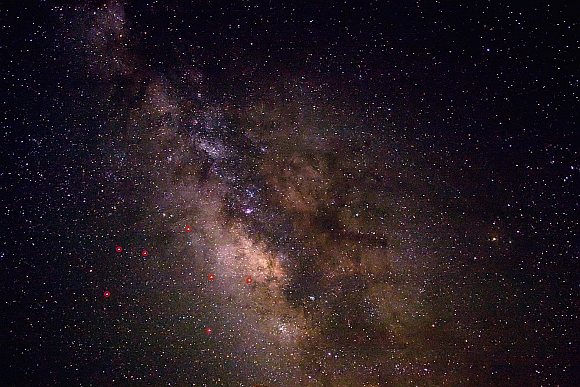
We try to make for ourselves, in the manner that best suits us, a simplified and intelligible picture of the world; we then attempt in some manner to substitute this cosmos of ours for the world of experience, and thus to surmount it. This is what the painter, the poet, the speculative philosopher and the natural scientist do, each in his own manner. He makes the cosmos and its construction the pivot of his emotional life in order to find in this way the peace and the serenity which he cannot find in the narrow whirlpool of personal experience… It is my belief [that]… the general laws on which the structure of theoretical physics is based, must claim to be valid for any natural phenomenon. With them it ought to be possible to arrive at the description, that is to say the theory, of every natural process, including life, by means of pure deduction, if that process of deduction were not far beyond the capacity of the human intellect. The physicist’s renunciation of completeness for his cosmos is therefore not a matter of fundamental principle. The supreme task of the physicist is to arrive at those universal elementary laws from which the cosmos can be built up by pure deduction. There is no logical path to these laws; only intuition, resting on sympathetic understanding of experience, can reach them.
—Albert Einstein, “Prinzipien der Forschung: Rede zum 60. Geburtstag von Max Planck” in Mein Weltbild pp. 107-110 (1918) in The Collected Papers of Albert Einstein, vol. 7, it. 7 (2002)(S.H. transl.)


